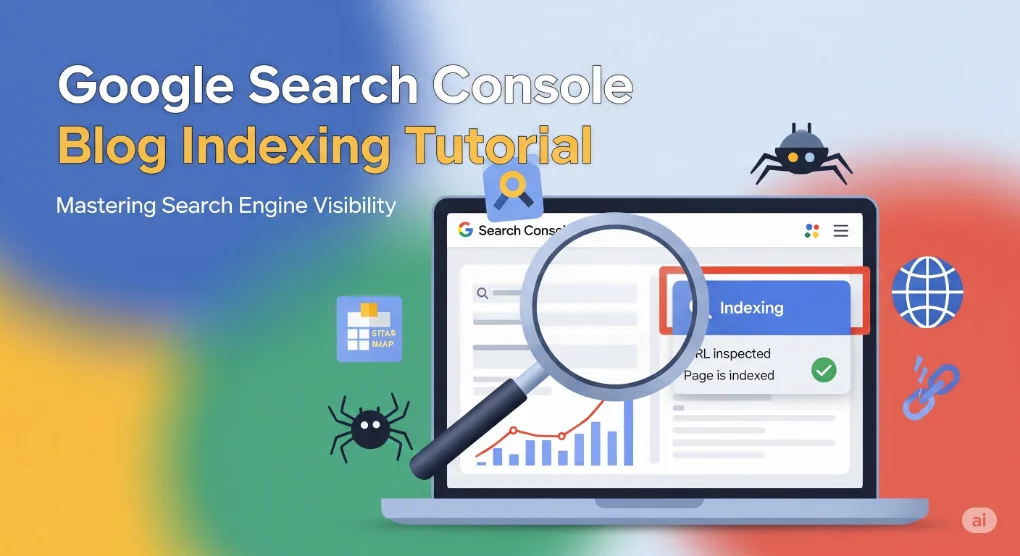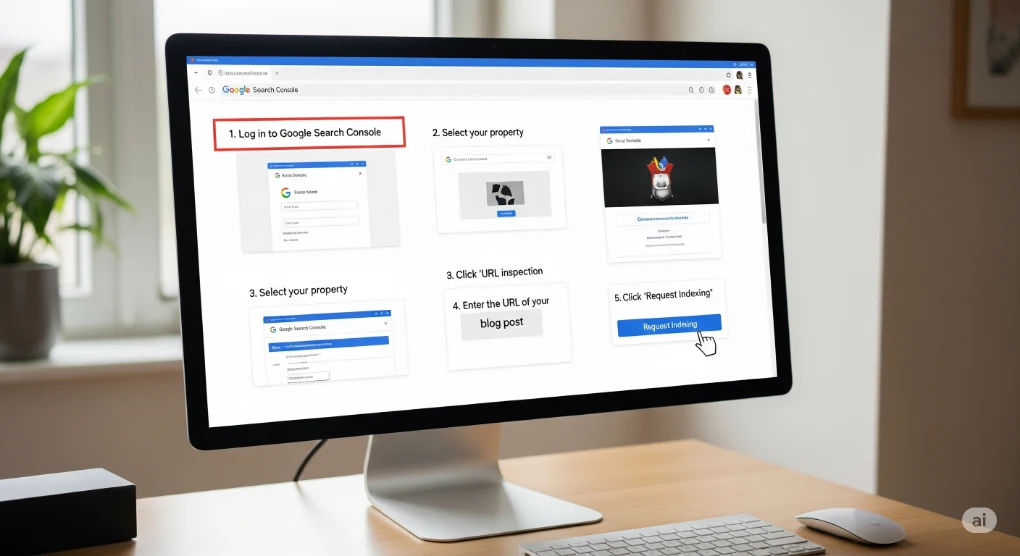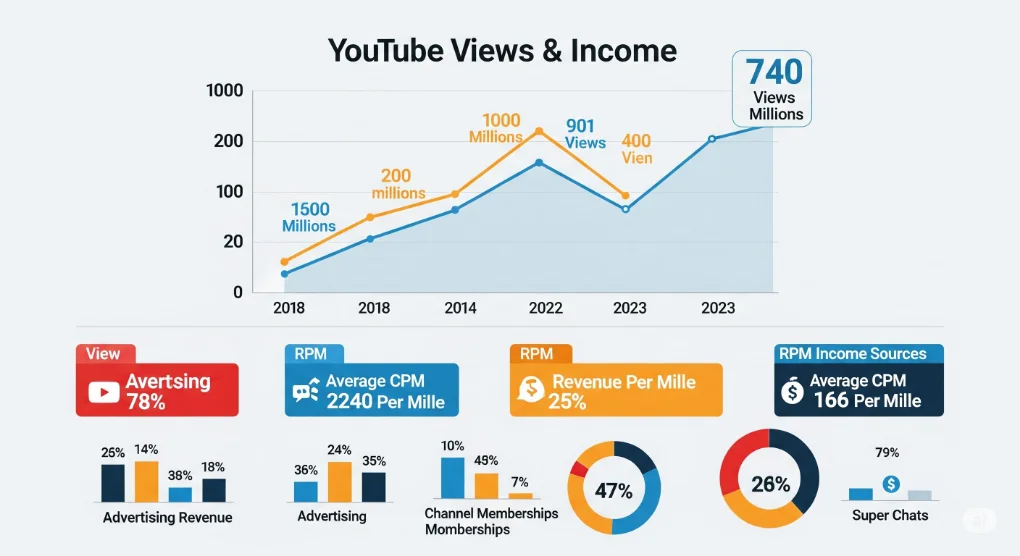Artificial Intelligence (AI) is no longer a concept of the future; it is shaping our present in profound ways. One of the most debated topics around AI is its impact on human jobs. From automation in factories to AI-powered software in offices, artificial intelligence is transforming how we work, what jobs are available, and the skills required to succeed in the future.
The rise of AI brings both excitement and concern. While some fear job losses, others see opportunities for new career paths and enhanced productivity. Understanding AI’s impact on human jobs is essential for businesses, employees, and policymakers alike.
How AI is Changing Traditional Jobs
AI technologies such as machine learning, natural language processing, and robotics are replacing repetitive and routine tasks. In industries like manufacturing, AI-powered machines can perform tasks faster and with fewer errors than humans. In offices, AI tools can automate data entry, scheduling, and even basic customer service.
For example, chatbots powered by AI handle thousands of customer queries daily, reducing the need for large call center teams. Similarly, automated assembly lines in automotive factories increase efficiency but reduce the demand for manual labor. This transformation shows that AI is not just a technological trend but a structural change in the workforce.
Jobs at Risk and Job Transformation
While AI has the potential to replace some roles, it also transforms existing jobs. Roles involving repetitive tasks are most at risk, including data entry clerks, assembly line workers, and routine administrative positions.
However, AI does not entirely eliminate jobs; it changes their nature. Many jobs evolve to require skills in AI management, data analysis, and human-AI collaboration. For instance, a marketing professional may need to work with AI tools to analyze consumer behavior, while a factory supervisor may need to monitor AI-driven machines instead of performing manual assembly.
New Opportunities Created by AI
The fear that AI will only destroy jobs is partly misplaced. While some roles decline, new opportunities emerge in AI development, AI ethics, data science, and cybersecurity. The demand for AI specialists, machine learning engineers, and AI project managers is rising across industries.
Moreover, AI enhances productivity in human jobs. Professionals in healthcare, education, and finance can leverage AI to make better decisions, analyze data faster, and provide personalized services. This collaboration between humans and machines opens doors to more strategic, creative, and analytical work.
Skills for the Future Workforce
To thrive in an AI-driven world, employees must develop new skills. Technical skills like AI programming, data analysis, and cloud computing are essential for tech-related jobs. Equally important are soft skills such as creativity, emotional intelligence, critical thinking, and adaptability, which machines cannot easily replicate.
Continuous learning and upskilling are key strategies for career resilience. Online courses, workshops, and certifications in AI and emerging technologies can prepare workers for future roles that require human-AI collaboration.
Ethical Considerations and Policy Implications
The AI impact on human jobs raises ethical and social concerns. Governments and organizations must ensure that workforce transformations do not increase inequality or leave large groups unemployed. Policies supporting reskilling, job transition programs, and fair AI implementation are critical.
Businesses also play a role by adopting AI responsibly, maintaining a balance between automation and human employment. Transparent AI practices and ethical guidelines can help minimize negative consequences while maximizing benefits.
Conclusion
AI is reshaping the world of work, creating both challenges and opportunities. While automation may reduce the demand for certain jobs, it also opens new avenues for career growth and productivity enhancement. Embracing AI responsibly, reskilling the workforce, and fostering human-AI collaboration are key to navigating this transformation successfully.
The future of work is not about humans versus machines but humans working smarter with machines. By preparing for change and leveraging AI as a tool rather than a threat, we can ensure a future where technology enhances human potential instead of replacing it.





